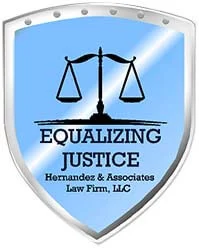OVERVIEW OF DURABLE POWER OF ATTORNEYS IN ALABAMA
When a person reaches an advanced age, there are several decisions related to health care and finances for which they need to reply on others. To make sure that all those decisions that are made by other people are in the best interests of the person concerned, people often prefer to have someone they trust to make those decisions.
That is where a durable power of attorney, a legal document, comes into the picture. The person named in the power of attorney is known as the “agent” or the “attorney in fact” and that person makes crucial decisions regarding the person to grants that power of attorney. In Alabama, durable power of attorneys can be for two purposes: health care and financial.
HEALTH CARE AND FINANCIAL POWER OF ATTORNEYS
A health care power of attorney names an agent who is responsible for ensuring that the person who is now incapacitated or unconscious is getting the type of treatment that he or she had chosen. At the same time, that health care agent can also inform the doctors if the now-incapacitated person did not want a particular type of treatment. In addition, the agent will have the authority to appoint another agent for making those decisions.
A financial power of attorney appoints a trusted individual — often, children, close relatives and friends — who will be able to make several key decisions regarding the finances of the person who is now incapacitated. That agent will be able to issue checks, manage assets, and even sell real estate on behalf of the incapacitated person. The financial power of attorney comes into effect when it is medically determined that the person concerned is incapacitated.
REVOCATION OF A POWER OF ATTORNEY
One may think that there may arise circumstances when a power of attorney that was drafted at a particular time may need to be revoked. That could be for various reasons such as the death of an appointed agent or even the loss of trust in an appointed agent. According to Alabama laws, it is possible to revoke a power of attorney either by executing a written revocation or by burning, tearing, or otherwise destroying the power of attorney that needs to be revoked.
If for whatever reason destroying the power of attorney is not possible, the law allows one to verbally revoke it by expressing the intent of revocation in front of witness who is older than 19 years of age. That witness then writes and signs a document that confirms the issuer’s desire to revoke the power of attorney.

